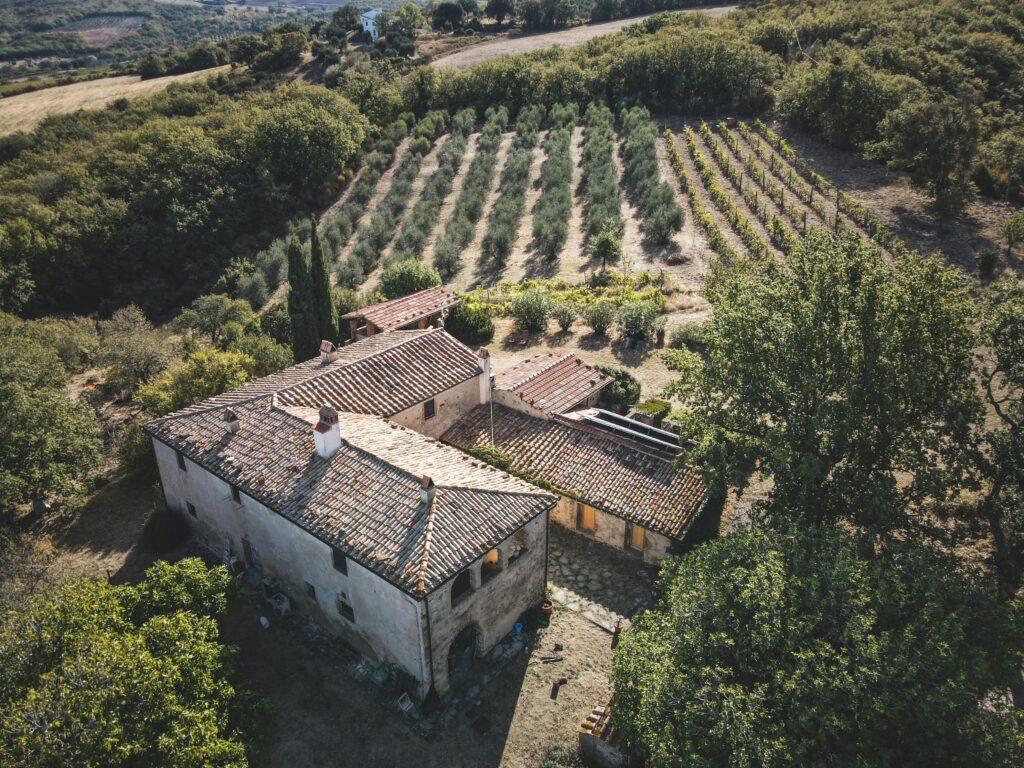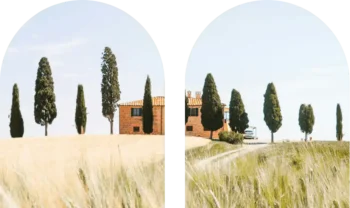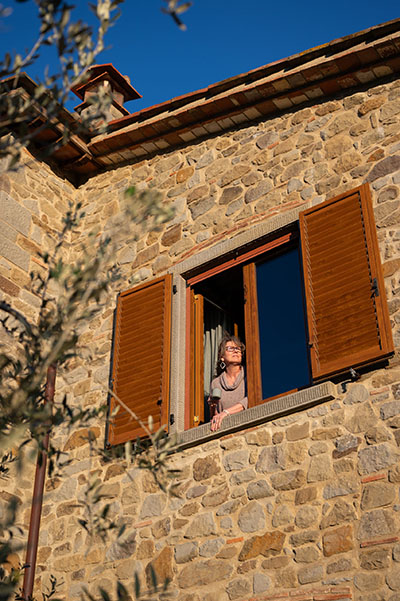Purchasing property in Italy is an exciting journey—and having a geometra by your side makes the process smooth and enjoyable. Italy’s property system has its own unique structure, with charming historical details and local regulations that vary from town to town. A geometra—a licensed surveyor and technical expert—acts as your trusted guide, helping you navigate paperwork, property boundaries, and building rules with confidence. Their support turns potential confusion into clarity, so you can focus on finding your perfect Italian home.
At Dolce Living, we consistently see how a skilled geometra transforms the buying process into a smooth, stress-free experience. This comprehensive guide will explain exactly why you need one, what they do, how to choose the right professional, and what could go wrong if you try to proceed without this critical expert.
Understanding the Geometra’s Role in Italian Real Estate
The geometra is a uniquely Italian professional role that combines elements of surveyor, technical consultant, and bureaucratic facilitator. To practice, they must complete specialized technical training, register with the appropriate professional board, and pass required state exams. Their expertise covers three key areas critical to property transactions:
- Legal-Technical Expertise: They interpret complex building codes and zoning laws that vary by region and municipality.
- Cadastral Knowledge: They navigate Italy’s intricate land registry system that dates back centuries.
- Project Management: They coordinate between notaries, builders, and government offices throughout the purchase and renovation process.
Unlike architects who focus primarily on design, geometri specialize in the practical and legal aspects of property transactions and modifications. Their stamp of approval is required for most building-related paperwork in Italy.
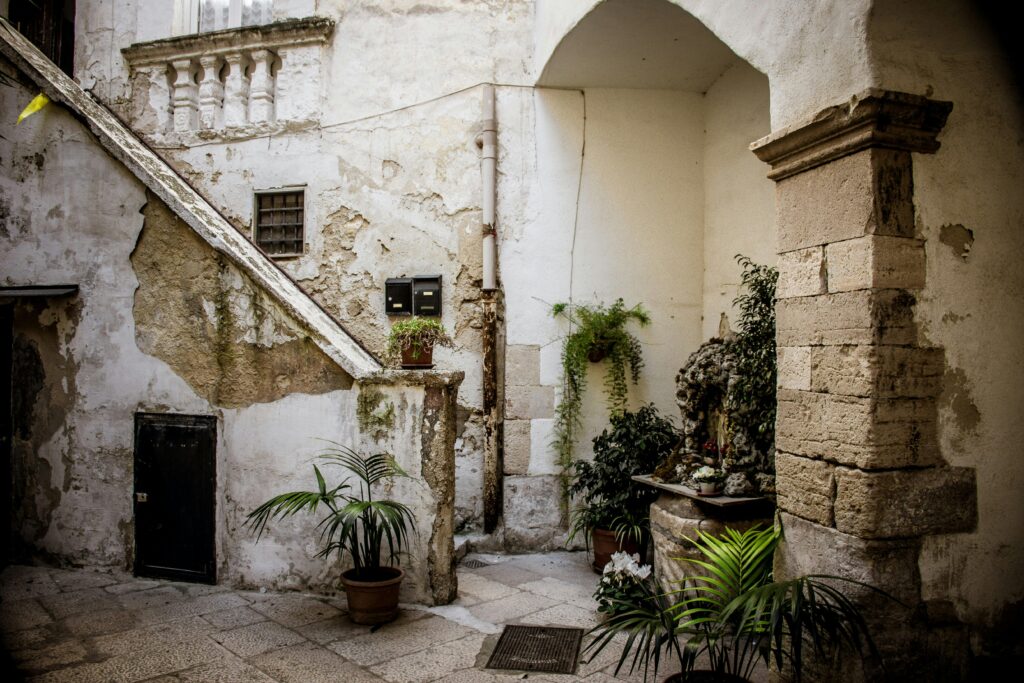
Critical Tasks a Geometra Handles During Property Purchase
1. Comprehensive Due Diligence and Property Verification
Before you commit to a purchase, your geometra will conduct exhaustive checks that go far beyond standard due diligence:
- Cadastral Verification: They compare the official land registry records with the physical property to identify discrepancies in boundaries or listed features. It’s surprisingly common in Italy for properties to have a mismatch between cadastral blueprints and actual building layout.
- Building Compliance Audit: They examine the property for any unauthorized modifications (abusivismo edilizio) that could later result in heavy fines or demolition orders. Even minor changes like moving a wall or adding a window may need retroactive approval.
- Urban Planning Restrictions: Especially important for historic properties, they verify any limitations on modifications or usage imposed by local heritage protections or zoning laws.
2. Navigating Italy’s Complex Permit System
If you plan any renovations (even minor ones), your geometra becomes indispensable for:
- Preparing and submitting the “Pratica Edilizia” (building permit application), which varies significantly between municipalities in terms of requirements and processing times.
- Handling the “Sanatoria” process to legalize any existing unauthorized work, which requires specific technical documentation and strategic approach to maximize approval chances.
- Obtaining the “Certificato di Agibilità” (certificate of occupancy) that proves the property meets all living standards – a document historically overlooked but important for resale value.
3. Technical Assessments That Protect Your Investment
A geometra’s technical evaluations provide critical protections:
- Precise Measurements: Official floor plans affect both sale price calculations and future tax obligations. Italian properties are often measured differently than in other countries.
- Energy Certification: The APE (Energy Performance Certificate) is legally required for all transactions and can impact property value.
The Costs of Not Hiring a Geometra
Attempting to navigate an Italian property purchase without a geometra often leads to:
Legal Liabilities: Discovering after purchase that the property has unauthorized modifications, which must be remedied.
Renovation Roadblocks: Being denied permits for needed modifications because of unaddressed pre-existing issues.
Resale Difficulties: Lacking proper documentation makes selling the property later much harder.
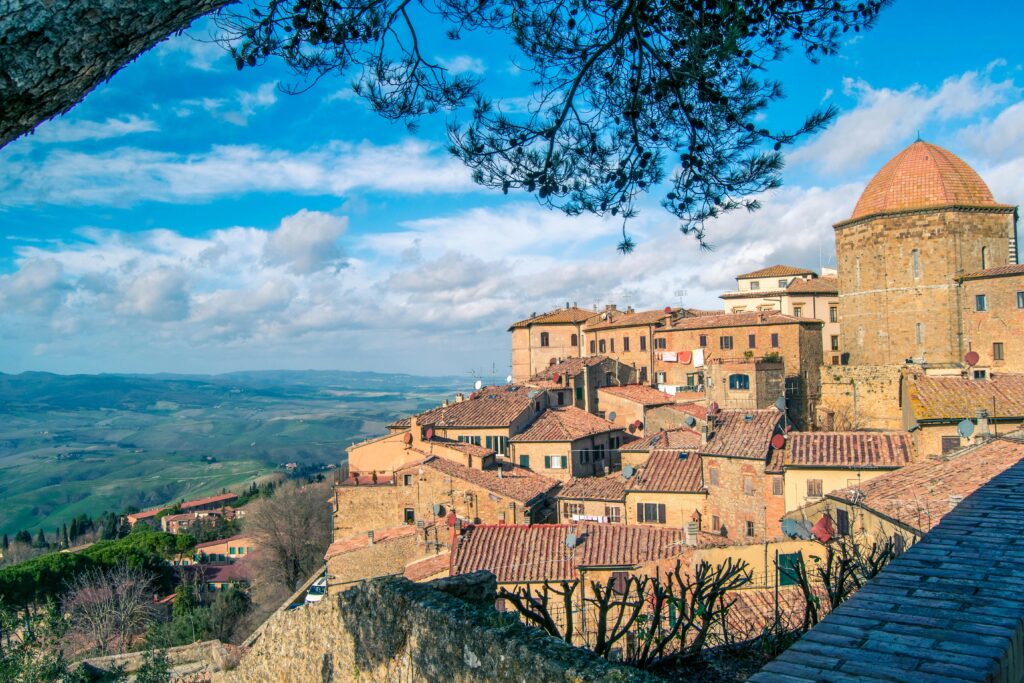
Working Effectively With Your Geometra
To maximize the relationship:
Engage Early: Ideally before making an offer, as their preliminary assessment might reveal deal-breakers.
Budget Appropriately: Fees will depend on the type of services you will ask them to perform.
Understand Timelines: Italian bureaucracy moves slowly – build in buffer time for permit processing.
Conclusion: An Investment That Pays for Itself
While hiring a geometra represents an additional upfront cost when buying Italian property, it’s one of the smartest investments you can make. Their expertise routinely saves clients thousands of euros in avoided problems while ensuring your dream home doesn’t become a bureaucratic nightmare.
For more detailed information about the geometra’s role and responsibilities, see our comprehensive article: Who is the Geometra?

